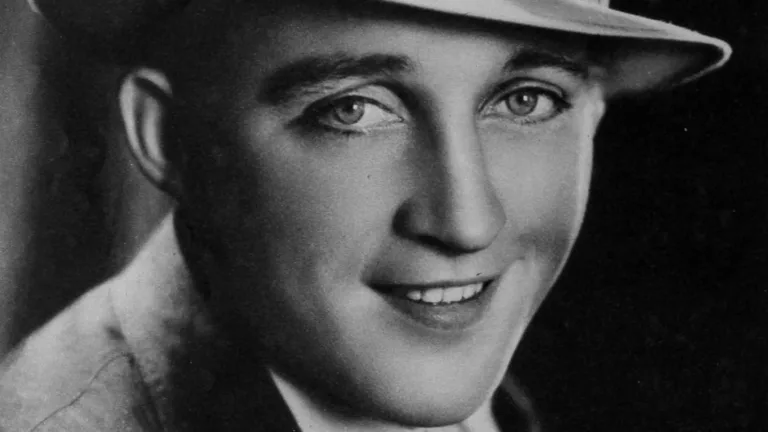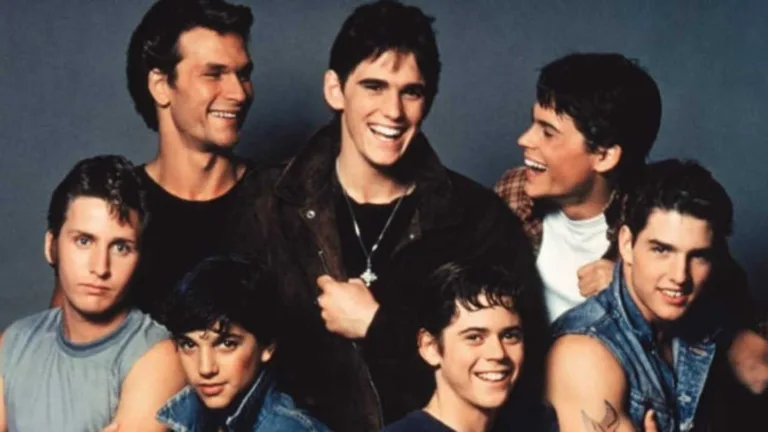The Sound Of Music is undeniably a cinematic classic, cherished for its breathtaking cinematography, Unforgettable Melody, and captivating performances. It’s a film that has woven itself into the fabric of popular culture, enchanting generations with its story of love, family, and courage set against the picturesque backdrop of Austria.
However, behind the curtain of this beloved musical lies a fascinating tapestry of anecdotes, challenges, and surprising facts. From Julie Andrews’ near-dismissal due to concerns about her on-screen presence to Christopher Plummer’s enduring dislike for the film, the making of Sound of Music facts is as compelling as the finished Product Itself.
Dive into this exploration as we uncover the untold stories behind the scenes, revealing a glimpse into the human drama that ultimately contributed to the magic we experience on screen.
Behind The Scenes: Untold Stories
The making of The Sound Of Music wasn’t always a harmonious affair. Julie Andrews, now synonymous with the role of Maria, faced an uphill battle getting cast. Initially, there were doubts about her screen presence, and she almost missed out on the opportunity of a lifetime. Moreover, filming wasn’T Without Its Hazards. One particularly challenging scene involved climbing those majestic Austrian mountains. The strong downdrafts from helicopters used for filming made it a precarious endeavor for Andrews, testing her limits both physically and emotionally.
Even after securing her role, Andrews faced unexpected hurdles. During the iconic love scene with Captain Von Trapp (Christopher Plummer), She Found Herself Giggling Uncontrollably. It turns out the culprit was not romantic nerves but rather the bright lights used on set which were surprisingly loud! Meanwhile, Charmian Carr, who played Liesl, suffered a painful injury during rehearsals for a dance sequence. Despite these setbacks, the cast and crew persevered, transforming challenges into unforgettable stories that add yet another layer to the rich tapestry of Sound Of Music facts.
Nicholas Hammond, who portrayed young Friedrich, went through a noticeable growth spurt During Filming, causing continuity issues with some shots. These behind-the-scenes anecdotes offer a humorous and poignant glimpse into the human element behind this cinematic masterpiece, reminding us that even seemingly perfect films are crafted through a complex interplay of talent, determination, and a fair share of mishaps.
Casting Controversies And On-Set Challenges
The casting of The Sound Of Music wasn’t without its share of controversy and unexpected turns. Christopher Plummer, the celebrated Canadian actor who played Captain Von Trapp, has famously expressed his dislike for the film, Even Dubbing It “The Sound Of Mucus.” While many attributed this to his character’S Stern Demeanor, Plummer later revealed that he felt the script lacked depth and that the overall tone was overly saccharine.
Adding another layer to the casting saga is Julie Andrews’ initial struggle to secure the role of Maria. Despite her undeniable talent and charm, some producers doubted her ability to translate her stage success to the screen. This skepticism stemmed from a prevailing belief that she possessed an overly theatrical style that wouldn’t resonate with a wider audience. Thankfully, these doubts were ultimately overcome, leading to Andrews’ iconic performance that cemented her status as a Hollywood legend. These casting controversies and on-Set Challenges, however, only add to the richness of Sound Of Music facts, revealing a complex tapestry woven from both triumph and tribulation.
Creative Liberties And Historical Inaccuracies
While The Sound Of Music is a beloved cinematic experience, it’s important to remember that it takes significant creative liberties with the true story of the von Trapp family. Perhaps the most glaring discrepancy is their escape from Austria. In the film, they make a daring trek over the mountains, Singing Their Way To Freedom. However, in reality, The Von Trapps escaped by train, a far less dramatic but undeniably Effective Method.
 Fun Facts About The 80s: Music, Tech & Culture
Fun Facts About The 80s: Music, Tech & CultureThese creative choices were likely made to enhance the cinematic appeal of the story, transforming it into a more visually compelling and emotionally resonant narrative. While these historical inaccuracies are undeniable, they don’t diminish the film’s impact or its enduring popularity. Many argue that Sound Of Music facts, both accurate and fictionalized, contribute to the film’s Timeless Quality, allowing viewers to connect with a story that transcends historical boundaries.
A Box Office Triumph: Saving 20th Century Fox
The Sound Of Music’s Success Transcended Its Cinematic Artistry; it became a financial powerhouse that rescued 20th Century Fox from the brink of bankruptcy. Released in 1965, the film captivated audiences worldwide, shattering box office records and becoming one of the highest-grossing films of all time. Its immense popularity not only secured financial stability for the studio but Also Revitalized Its Image, catapulting it back into the spotlight as a major player in Hollywood.
The film’s success can be attributed to several factors: Its Timeless Story, Memorable Music, and captivating performances. But beyond its artistic merits, The Sound Of Music resonated with audiences on a deeply emotional level. Its themes of love, family, and courage offered a comforting escape amidst the complexities of the world. This universal appeal cemented its place not only as a box office triumph but also as a cultural phenomenon that continues to enchant generations.
The Enduring Legacy Of A Musical Classic
The Sound Of Music’s legacy extends far beyond its initial success; it has become a timeless classic that continues to captivate and inspire Audiences Worldwide. Its enduring popularity can be attributed to its universal themes of love, family, and the triumph of hope over adversity.
Generations have grown up watching and singing along to its iconic melodies, making it an integral part of Popular Culture. The film’s influence is also evident in its Numerous Adaptations, Stage Productions, and reimaginings, proving that its story resonates across diverse mediums and cultures. The Sound Of Music remains a testament to the power of storytelling and the enduring appeal of Music Facts that touch our hearts and souls.
More for curious minds
Unlock extra content and exclusive deals tailored to your interests.










